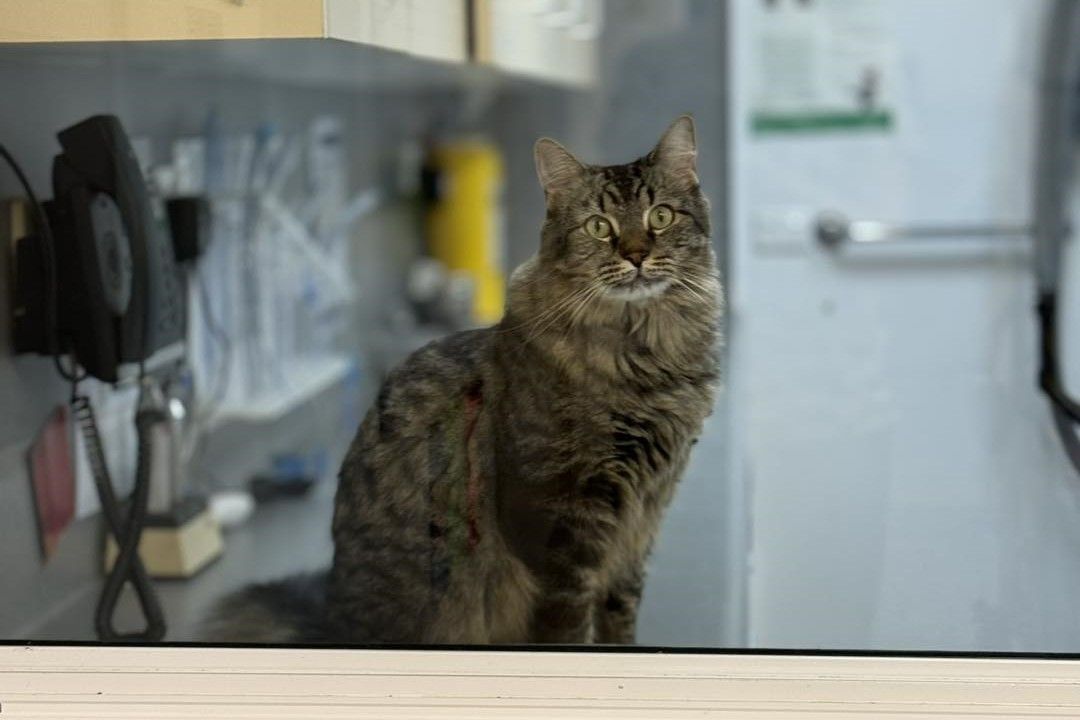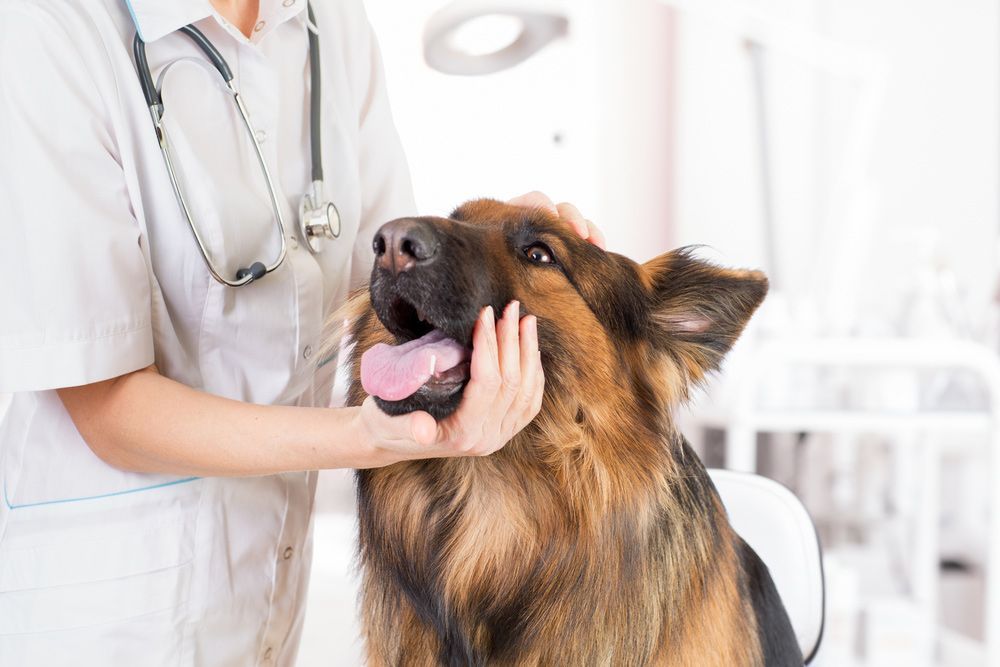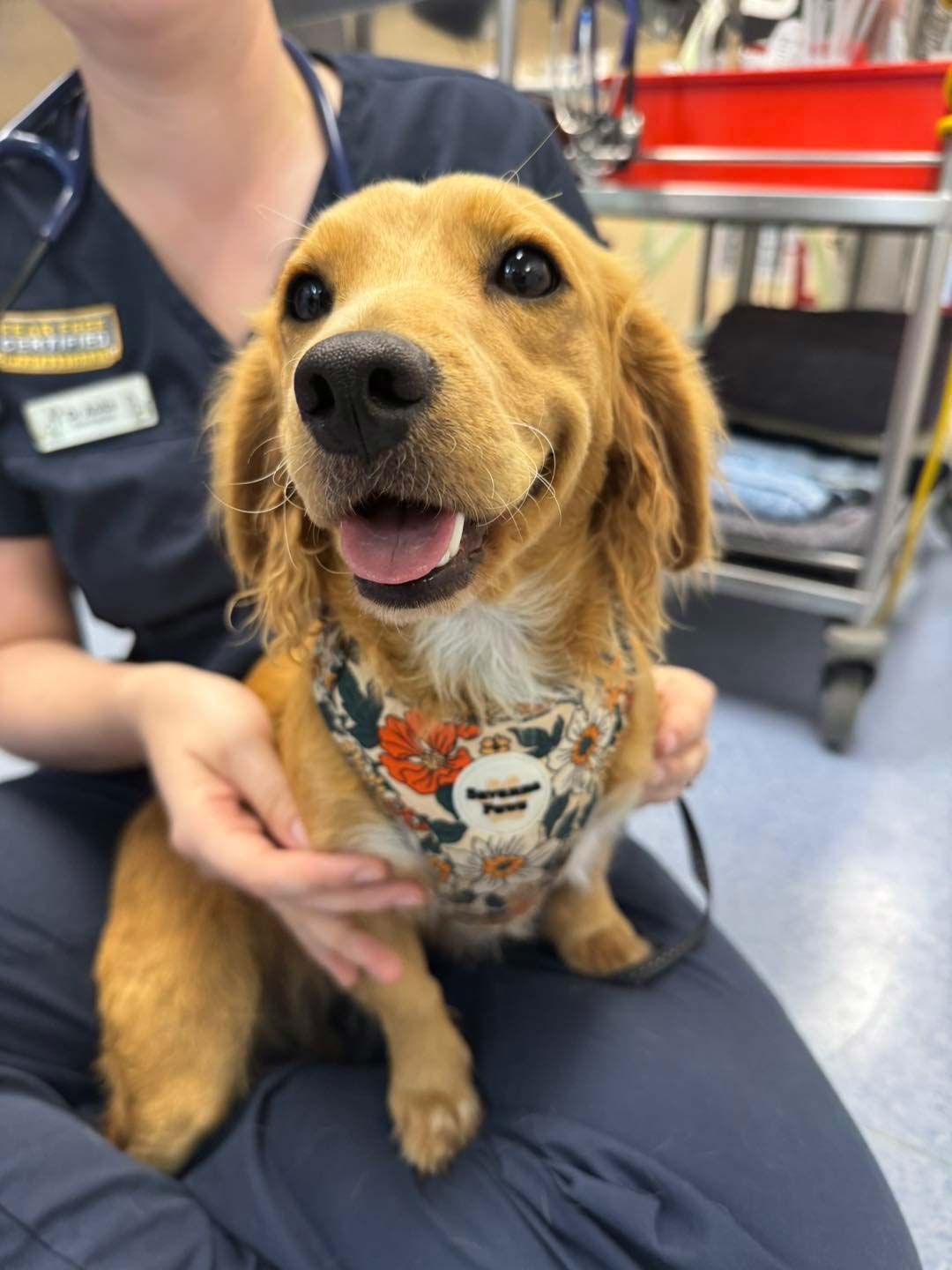Common Behaviour Problems In Senior Pets
As pets grow older, their needs and behaviours change, much like humans. For many pet owners, their senior pets have been lifelong companions, forming an unbreakable bond. However, ageing can bring behavioural changes that may seem unfamiliar or concerning. Let’s explore some common behavioural problems in senior pets, their possible causes, and how proactive care can help.
Behavioural Changes in Senior Pets
Senior pets may display a variety of behavioural changes as they age. Increased irritability, restlessness, or losing interest in activities they once enjoyed are all common signs. These changes can be linked to age-related factors such as joint pain, sensory decline, or cognitive dysfunction.
What to Watch For:
- Restlessness or pacing, particularly at night.
- Increased vocalisation or changes in social behaviour.
- Withdrawal or reduced engagement with family members.
While these behaviours can be a natural part of ageing, they may also indicate discomfort or health concerns. Recognising the difference and monitoring your pet closely can help you address potential issues early.
Health-Related Causes of Behavioural Problems
Many behavioural changes in senior pets stem from underlying health conditions. These issues often cause discomfort or affect your pet’s ability to interact with their environment, leading to noticeable shifts in behaviour.
Common Health Conditions & Their Impact on Behaviour:
- Pain from arthritis or injuries: Pets may become less active, avoid stairs, or appear irritable when touched.
- Dental disease: Painful teeth or gums can lead to reduced appetite or changes in grooming habits.
- Sensory decline: Hearing or vision loss can increase anxiety, confusion, or vocalisation.
Addressing these conditions with the help of your veterinarian—through pain management, dental care, or supportive therapies—can help improve your pet’s comfort and quality of life.
Cognitive Dysfunction Syndrome (CDS)
Cognitive Dysfunction Syndrome (CDS), often compared to dementia in humans, is a common condition in older pets. It results from age-related brain changes and can cause disorientation, disrupted sleep patterns, and altered interactions with family members. Sensory decline, such as reduced hearing or vision, can also contribute to these symptoms, further impacting your pet’s behaviour.
Signs of CDS:
- Disorientation or aimless wandering.
- Difficulty recognising familiar people or places.
- Increased anxiety or changes in toileting habits.
Discussing these changes with your veterinarian can provide valuable insights and strategies, such as dietary changes, supplements, or medications.
Providing Comfort & Companionship
While some behavioural changes are a natural part of ageing, providing consistent care, companionship, and a safe environment can make a big difference in your senior pet’s well-being. Small adjustments tailored to your pet’s specific needs can help them feel secure and loved.
Tips for Comforting Senior Pets:
- Keep a consistent daily routine to reduce anxiety.
- Offer gentle play and interaction suited to their abilities.
- Provide soft bedding for pets with joint pain and quieter spaces for those with sensory decline.
By focusing on your pet’s comfort and adapting to their changing needs, you can help them enjoy their senior years while strengthening the bond you share.
Understand Your Pet’s Needs—Contact Our Veterinary Clinic!
At Western Suburbs Veterinary Clinic, we are here to support you and your senior pet through every stage of life. From routine check-ups to advice on managing behavioural changes, we offer compassionate care tailored to your pet’s needs. If you’re concerned about changes in your pet’s behaviour, visit our Townsville vet clinic to learn how we can help.















